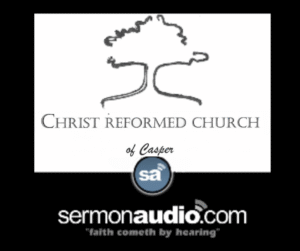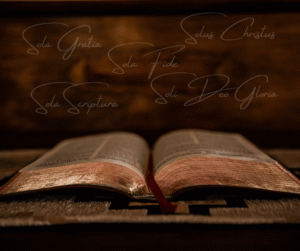The Value of Life: Heidelberg Catechism Lord’s Day #40
LORD’S DAY 40 What does God require in the sixth commandment? That I do not revile, hate, insult, or kill my neighbor either in thought, word, or gesture, much less in deed, whether by myself or by another,1 but lay aside all desire of revenge;2 moreover, that I do not harm myself, nor willfully run into any danger.3Wherefore also to restrain murder the magistrate is armed with the sword.4 [1] Matt. 5:21–22; 26:52; Gen. 9:6. [2] Eph. 4:26; Rom. 1:19; Matt. 5:25; 18:35. [3] Matt. 4:7; Rom. 13:14; Col. 2:23. [4] Ex. 21:14; *Matt. 18:6–7. Does this commandment speak only of killing? No, butRead More →

